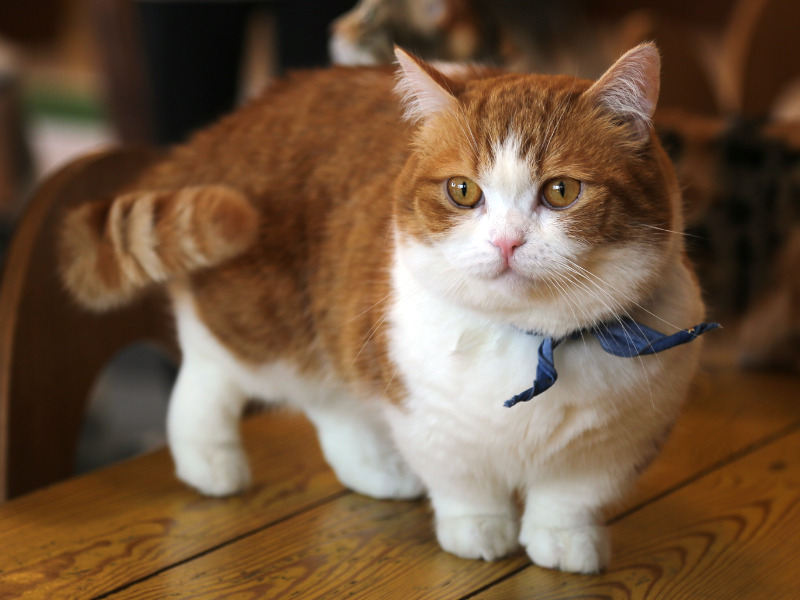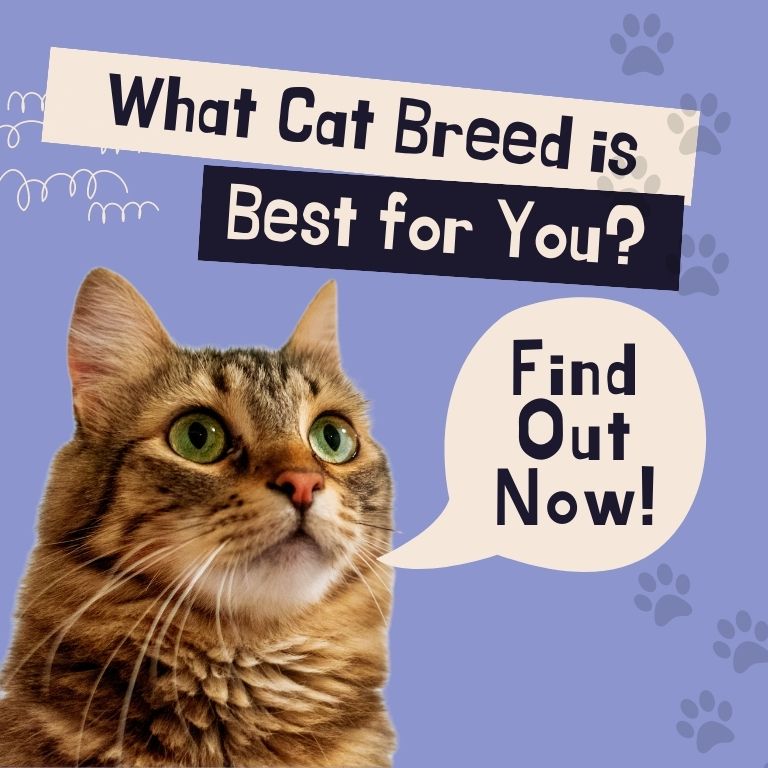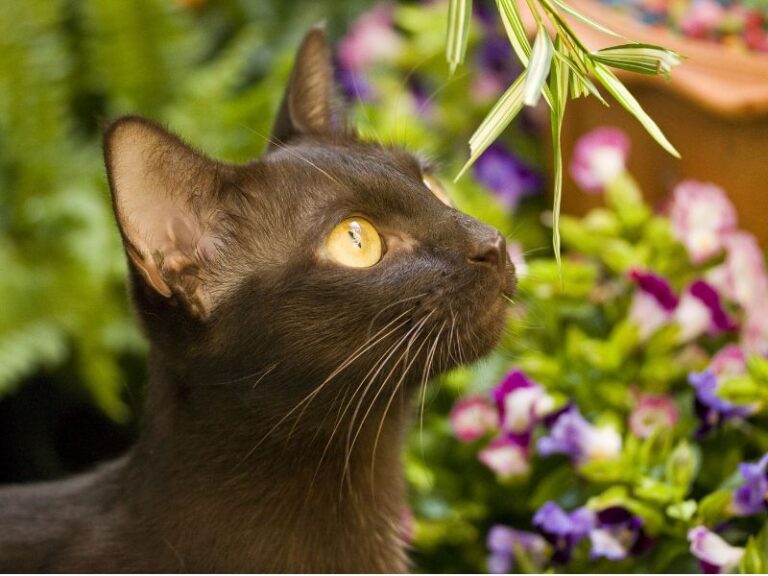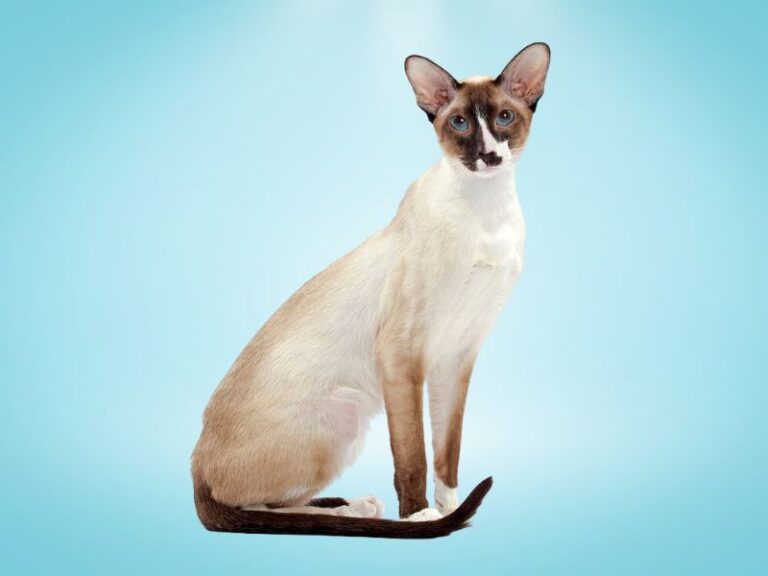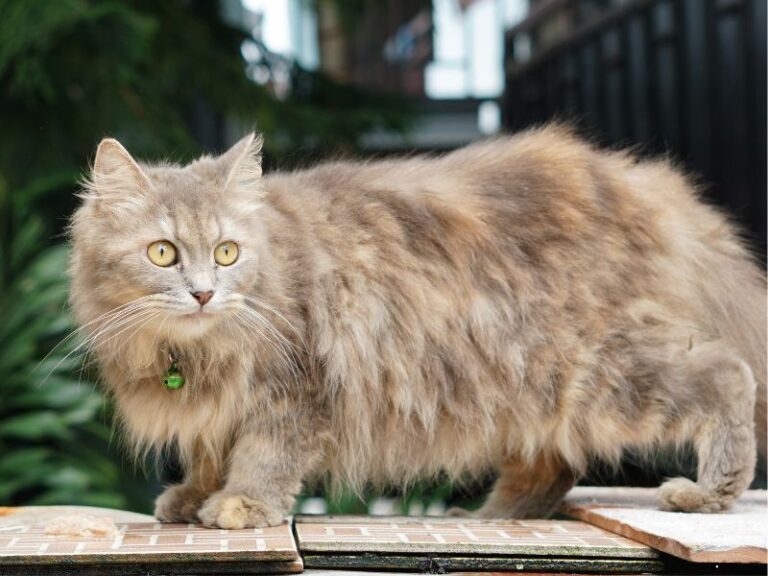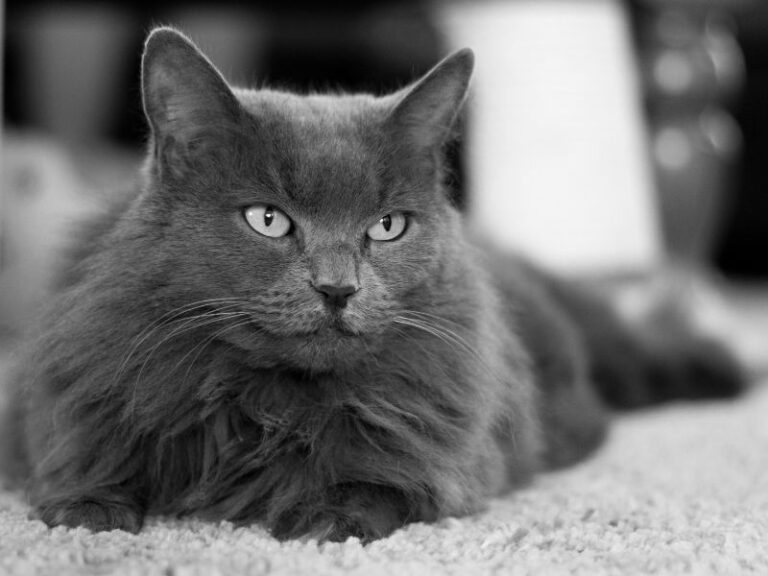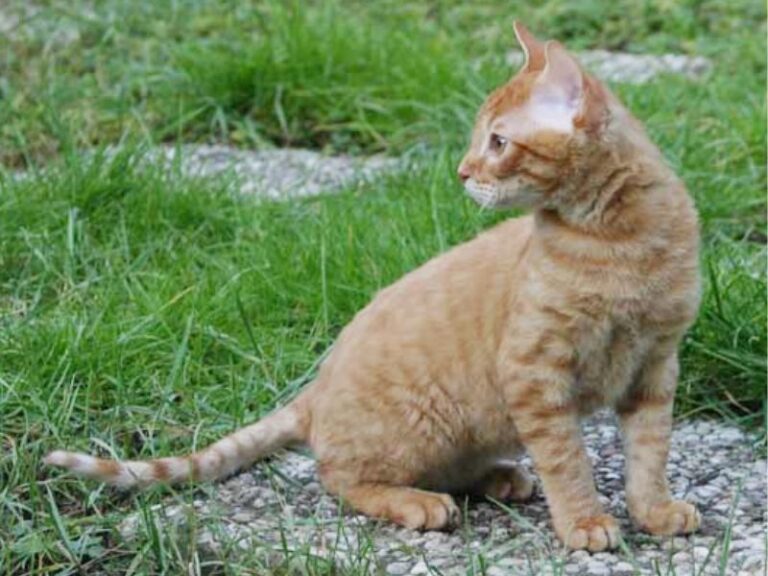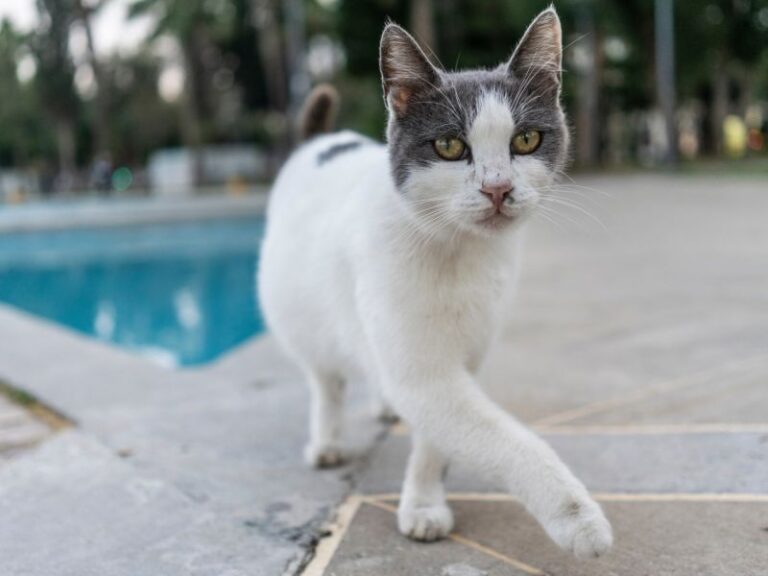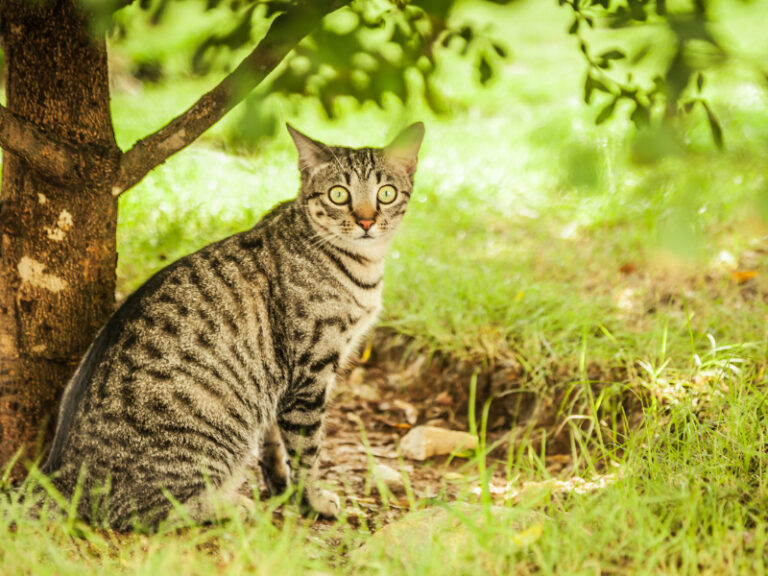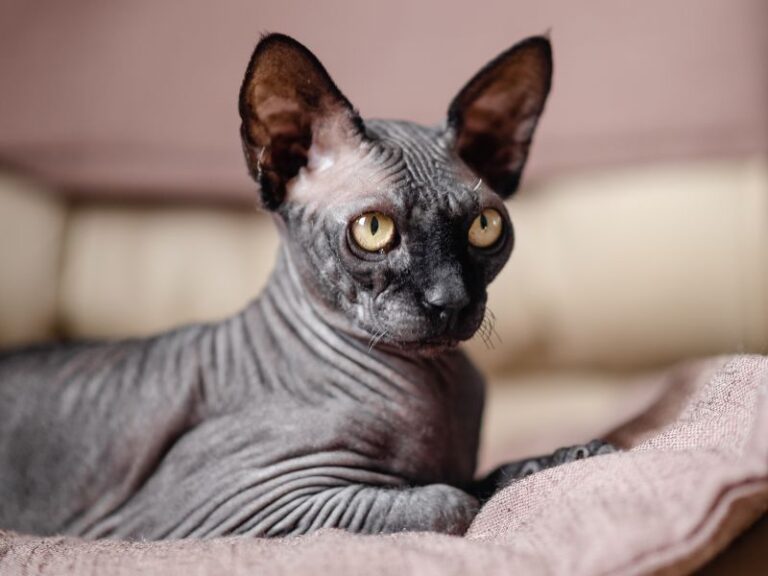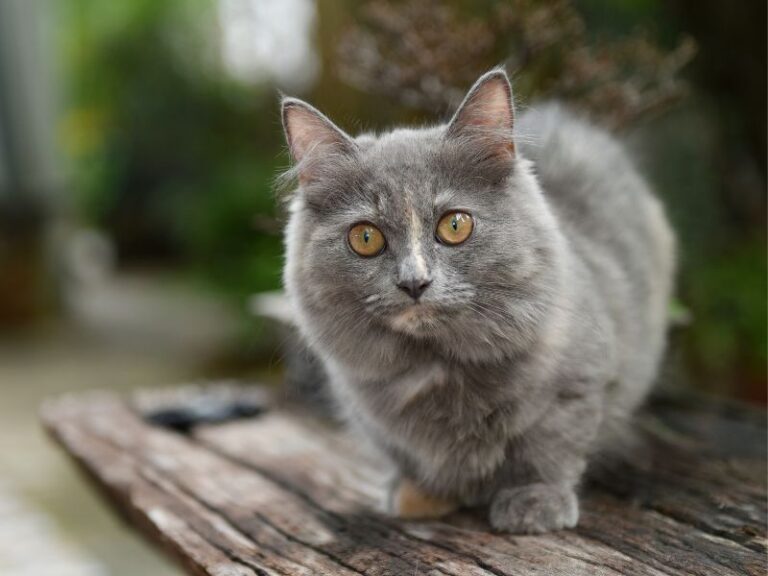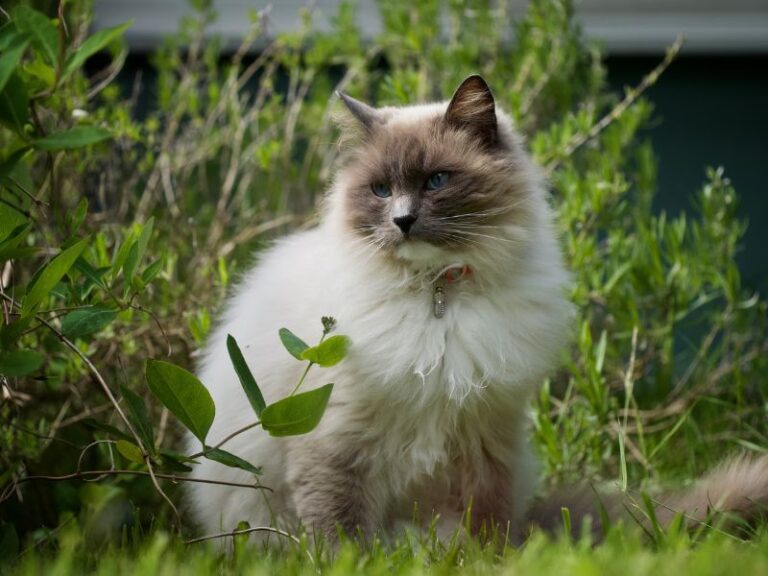Table of Contents
ToggleMunchkin cats, known for their distinctive short legs and playful nature, have captured the hearts of cat enthusiasts worldwide. In this comprehensive guide, we will delve into the fascinating world of Munchkin cats, exploring their origin, physical characteristics, lifespan, temperament, and care requirements. If you’re considering adding a Munchkin cat to your family, read on to discover why these adorable felines make wonderful and affectionate companions.
Munchkin Cat Origin
The Munchkin cat’s history can be traced back to the early 1990s when a natural genetic mutation occurred, leading to the breed’s unique short-legged appearance. While similar short-legged cats have been reported throughout history, the Munchkin cat was officially recognized as a distinct breed by The International Cat Association (TICA) in 1994. The breed’s name is inspired by the little people in “The Wizard of Oz,” in reference to its short stature.
Munchkin cats have sparked much debate and curiosity among feline enthusiasts. Some initially raised concerns about the ethics of breeding cats with short legs, fearing potential health issues. However, after extensive research and observation, it has been found that Munchkin cats do not suffer from any adverse effects due to their short legs. They lead happy and fulfilling lives, much like any other cat breed.
Munchkin Cat Physical Characteristics
The most distinguishing feature of the Munchkin cat is its short legs. The genetic mutation responsible for this trait affects the long bones of the legs, resulting in a naturally occurring condition known as achondroplasia. While their legs are shorter than those of regular cats, they are well-muscled and do not cause any pain or discomfort.
Munchkin cats come in various coat lengths, patterns, and colors, adding to their visual appeal. The short-haired Munchkin variety boasts a plush and velvety coat that requires minimal grooming. On the other hand, the long-haired Munchkin flaunts a silky and flowing coat, necessitating regular brushing to prevent matting.
In addition to their endearing legs and luxurious fur, Munchkin cats have a medium-sized body that is well-balanced. Their heads are proportionate to their bodies, and their eyes can be large and expressive, capturing the attention of anyone who gazes into them. Their sweet and charming expressions are a testament to their affectionate nature.
Munchkin Cat Lifespan
On average, Munchkin cats have a lifespan of 12 to 15 years. Like any other cat breed, their longevity can be influenced by various factors, including diet, exercise, and overall healthcare. Providing regular veterinary check-ups and a loving home environment can contribute to ensuring a healthy and happy life for your Munchkin companion.
Munchkin Cat Temperament
Munchkin cats are renowned for their friendly, sociable, and outgoing personalities. They possess an inherent curiosity and enjoy exploring their surroundings, often using their unique gait to move about. Their short legs don’t deter them from being agile and nimble, making them adept climbers and jumpers.
These playful felines are highly intelligent and enjoy interactive toys and puzzles that keep their minds engaged. Their curious and adventurous nature makes them fun-loving companions, always seeking new experiences and playtime with their human family.
One of the most endearing qualities of Munchkin cats is their affectionate nature. They form strong bonds with their human family members and are known to get along well with children and other pets. Their love for cuddling and lap time makes them perfect companions for those seeking a warm and loving pet to share their home with.
Munchkin Cat Care Requirements
Caring for a Munchkin cat involves a few essential aspects to ensure their well-being and happiness.
- Grooming: The grooming needs of a Munchkin cat vary based on their coat length. Long-haired Munchkins require daily brushing to prevent tangles and mats, while short-haired Munchkins can be groomed weekly. Regular grooming also allows for early detection of any skin issues or abnormalities.
- Diet and Nutrition: Providing a well-balanced diet is crucial for the health of your Munchkin cat. High-quality cat food, whether commercial or homemade, should meet their nutritional needs. Consult your veterinarian to determine the best diet plan based on your cat’s age, weight, and activity level.
- Healthcare: Regular veterinary check-ups are vital for Munchkin cats to monitor their overall health and catch any potential health issues early on. As with any breed, certain genetic conditions may be more prevalent in Munchkins, making routine health exams even more important.
- Exercise and Play: Despite their short legs, Munchkin cats are active and playful. Engaging them in regular play sessions and providing toys and climbing structures will keep them physically and mentally stimulated. Interactive playtime is not only enjoyable for your cat but also strengthens the bond between you both.
- Environment Enrichment: Creating a safe and stimulating environment for your Munchkin cat is essential. Ensure they have access to scratching posts, cozy beds, and interactive toys to keep them entertained and content. Munchkin cats love to explore, so consider providing opportunities for them to climb and perch in high places.
Final Words
Munchkin cats are captivating creatures with their unique appearance, affectionate personalities, and playful demeanor. Originating from a genetic mutation, they have quickly gained popularity among cat lovers worldwide. Their short legs do not hinder their ability to lead happy and active lives.
As a responsible pet owner, providing a balanced diet, regular exercise, grooming, healthcare, and a stimulating environment is essential to ensure the well-being of your Munchkin companion. With the right care and attention, your Munchkin cat will reward you with years of love, joy, and cherished memories, making them an ideal addition to any loving home. So, if you’re seeking a delightful feline companion with a big heart, the Munchkin cat might just be the perfect match for you.
FAQ
Are Munchkin cats expensive?
For those curious about the cost of Munchkin cats, they typically range from $500 to $1200, depending on their pedigree.
Do Munchkin cats eat less?
The average adult Munchkin cat usually requires around 250-300 kcals per day for their dietary needs.
Are munchkin cats aggressive?
Though Munchkins are generally not aggressive, their playful nature may make them less cautious and gentle than some other cat breeds, necessitating supervision with younger children. They can become quite lively during playtime!
Are Munchkin cats rare?
Munchkin cats are relatively rare but gaining popularity as a unique breed.

